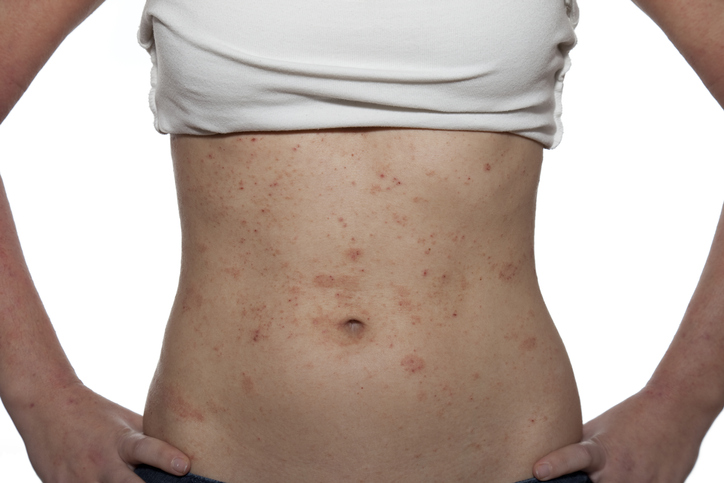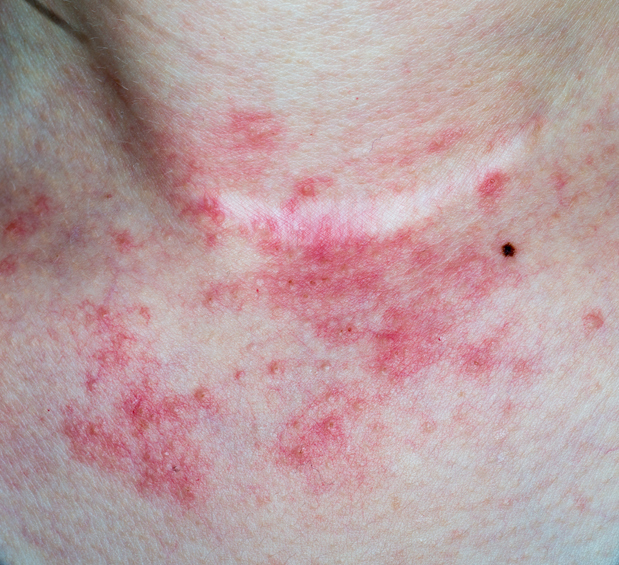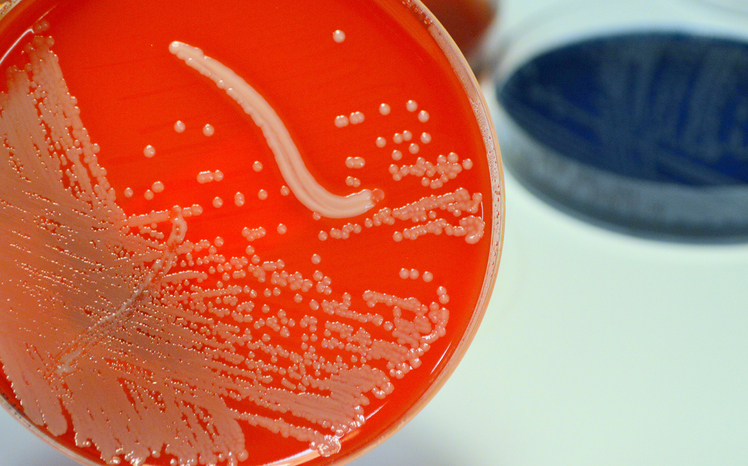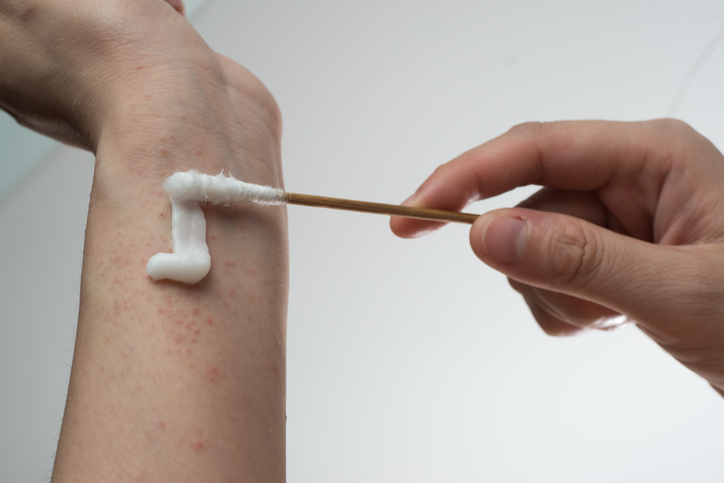Pain
At-Home Treatment Options for Eczema
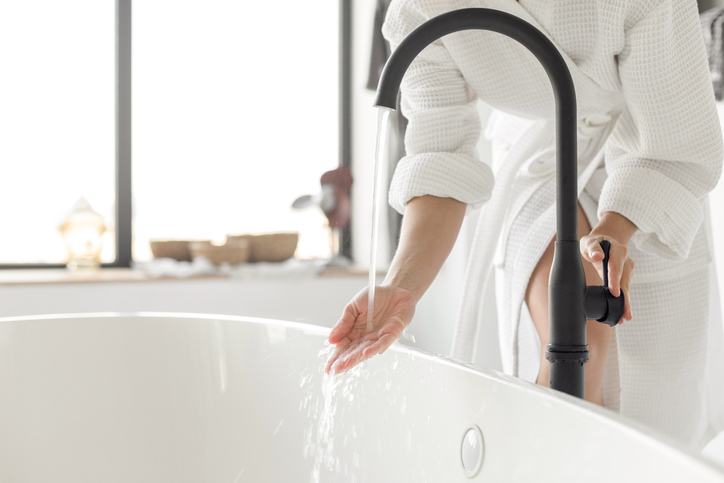
What is eczema?
Eczema is the medical term used for a group of health conditions characterized by inflamed, irritated, itchy patches of skin. It can develop at any age, and approximately one in 10 people will develop some type of eczema in their lifetime. It is generally a chronic (long-term) condition that involves periodic flare-ups; however, it can also be acute (short-term).
There are various types of eczema. However, atopic dermatitis is the most common form, and the two terms are often used interchangeably.
At-home treatments and lifestyle modifications
In addition to conventional medical treatments for eczema, several at-home treatments and lifestyle adjustments can help reduce eczema symptoms and help prevent flare-ups or complications of the condition. At-home treatments and lifestyle adjustments include the following:
- Moisturizing —The skin should be moisturized at least twice per day. Moisturizers should be free from alcohol, fragrances and dyes.
- Limited, gentle bathing — Water used in the tub or shower should be cool or lukewarm, not hot. Bathing time should be limited as much as possible, and a gentle soap should be used. The skin should be gently dried with a towel, followed by application of moisturizer.
- Using a humidifier — When the air is dry, running a humidifier provides moisture to help keep the skin hydrated.
- Applying cool compresses — Holding a clean, cool, damp cloth on the skin can help reduce itching.
- Keeping the fingernails short — While ignoring the urge to scratch is best, keeping the fingernails short can help prevent damage to the skin when scratching does occur. Children may benefit from wearing gloves at night.
- Wearing loose, smooth-textured clothing — Avoiding clothes that are rough in texture or too tight can reduce and help prevent skin irritation. Linen, cotton, and silk are better choices than wool, mohair, or other irritating fabrics.
- Using liquid laundry detergent — Liquid detergent may be less irritating to the skin than powder or tablets. Using an extra rinse cycle at the end of the wash cycle may help as well.
- Applying over-the-counter anti-itch cream — Non-prescription creams such as hydrocortisone can help relieve itching.
- Taking over-the-counter allergy medication — Taking a non-prescription allergy medication, such as cetirizine, fexofenadine, or diphenhydramine, may be beneficial. It’s important to note that some of these medications can cause drowsiness.
- Avoiding high-intensity exercise during a flare — Sweating can worsen eczema symptoms.
